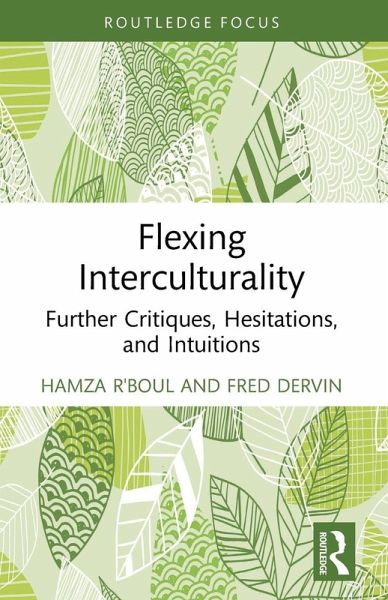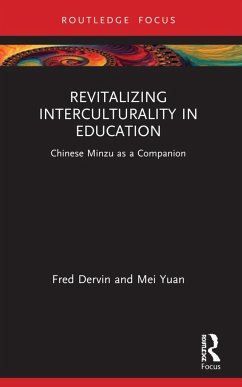
Flexing Interculturality
Further Critiques, Hesitations, and Intuitions
Versandkostenfrei!
Versandfertig in 1-2 Wochen
27,99 €
inkl. MwSt.
Weitere Ausgaben:

PAYBACK Punkte
14 °P sammeln!
This book continues the two scholars' endeavours for opening up more spaces for alternative perspectives, analyses and praxis in interculturality.














